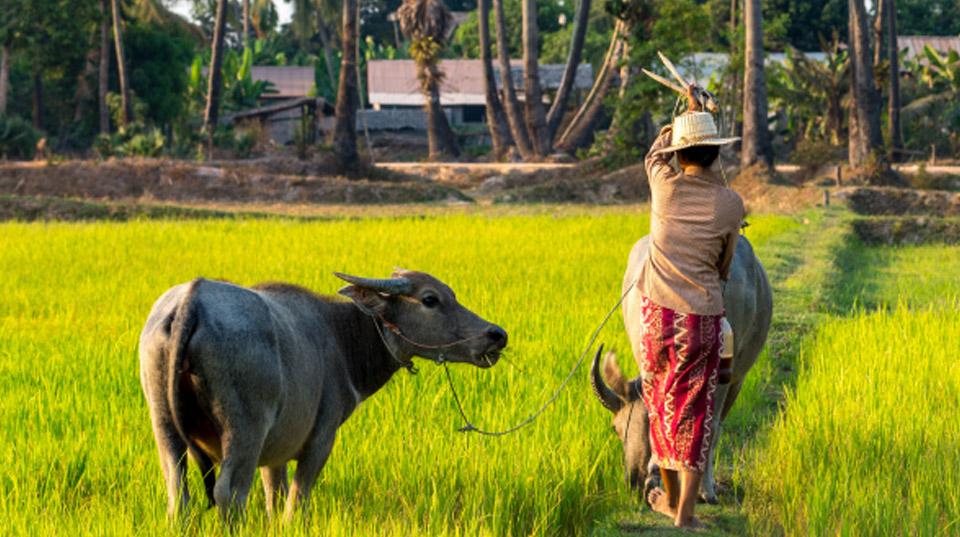Overview
The project aimed to identify vegetable soil and crop nutrient constraints for smallholder vegetable farmers in the southern Philippines and develop technologies, programs and strategies for cost-effective production of vegetables while sustaining the natural resource base.
Vegetable consumption in the Philippines is about 40 kg/year/person and well below the WHO prescribed level of about >104 kg/yr. The average Philippine earnings are less than $2 AUD per day hence the cost of vegetables ($0.50-$1.00 AUD per kg) critically impacts on consumption. Very low crop yields, poor postharvest management practices and inefficient links to markets are considered to be the main reasons for not being able to provide good quality vegetables at a reasonable price to consumers. This is particularly true for the poorer provinces and regions of Samar, Mindanao, Leyte and Bohol. The affordability and supply of vegetables remain a major problem for the majority of the population and this directly relates to low crop productivity.
The low productivity of vegetable crops in most parts of the southern Philippines is mainly due to poor soil fertility manifested as low nutrient supply and availability, particularly in the acidic soils which are the predominant soil type. Limited research has been conducted worldwide to evaluate the sensitivity of vegetable crops to acid-soil infertility limitations. Notwithstanding, in conventional vegetable production systems across the Philippines the overuse of mineral fertilisers and unbalanced nutrient applications are also major problems since fertiliser costs are substantial at 37% of crop input costs. Judicious application of fertiliser alone offers the potential to greatly improve farmer profits whilst maintaining or increasing crop yields. A further challenge to improving soil and nutrient management is the national governments initiative to implement a broad-scale shift to organic production whilst increasing crop yields.
Project outcomes
- Determining the key soil constraints that impact on vegetable production.
- Comparing production, soil fertility and economics of vegetable production from organic, conventional, and protected systems.
- Developing improved and targeted site-specific nutrient management strategies.
- Assessing the interaction between vegetable genetics and soil and nutrient limitations.
- Delivering training and extension to advance soil and nutrient management skills in extension and research staff.





